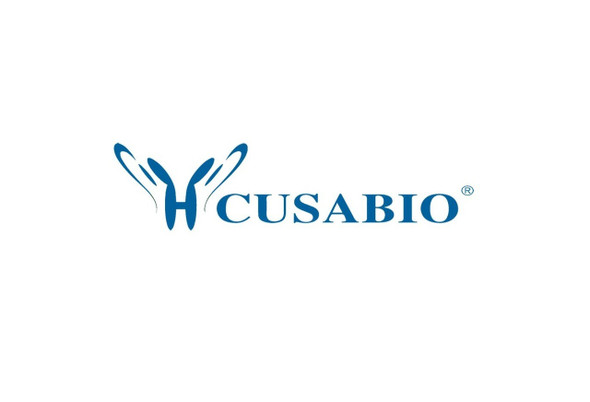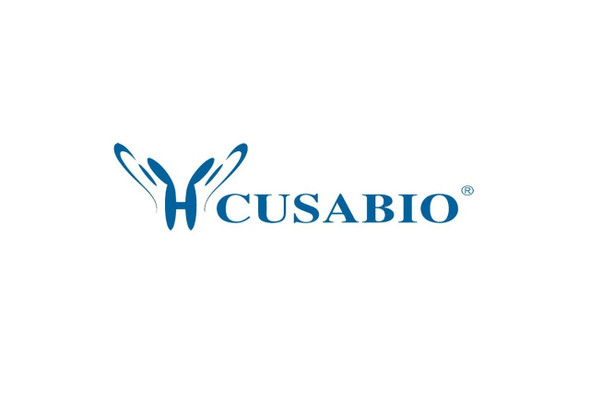Cusabio Polyclonal Antibodies
PCSK9 Antibody | CSB-PA07039A0Rb
- SKU:
- CSB-PA07039A0Rb
- Availability:
- 3 to 7 Working Days
Description
PCSK9 Antibody | CSB-PA07039A0Rb | Cusabio
PCSK9 Antibody is Available at Gentaur Genprice with the fastest delivery.
Online Order Payment is possible or send quotation to info@gentaur.com.
Product Type: Polyclonal Antibody
Target Names: PCSK9
Aliases: Proprotein convertase subtilisin/kexin type 9 (EC 3.4.21.-) (Neural apoptosis-regulated convertase 1) (NARC-1) (Proprotein convertase 9) (PC9) (Subtilisin/kexin-like protease PC9), PCSK9, NARC1
Background: Crucial player in the regulation of plasma cholesterol homeostasis. Binds to low-density lipid receptor family members: low density lipoprotein receptor (LDLR), very low density lipoprotein receptor (VLDLR), apolipoprotein E receptor (LRP1/APOER) and apolipoprotein receptor 2 (LRP8/APOER2), and promotes their degradation in intracellular acidic compartments (PubMed: 18039658) . Acts via a non-proteolytic mechanism to enhance the degradation of the hepatic LDLR through a clathrin LDLRAP1/ARH-mediated pathway. May prevent the recycling of LDLR from endosomes to the cell surface or direct it to lysosomes for degradation. Can induce ubiquitination of LDLR leading to its subsequent degradation (PubMed: 18799458, PubMed: 17461796, PubMed: 18197702, PubMed: 22074827) . Inhibits intracellular degradation of APOB via the autophagosome/lysosome pathway in a LDLR-independent manner. Involved in the disposal of non-acetylated intermediates of BACE1 in the early secretory pathway (PubMed: 18660751) . Inhibits epithelial Na (+) channel (ENaC) -mediated Na (+) absorption by reducing ENaC surface expression primarily by increasing its proteasomal degradation. Regulates neuronal apoptosis via modulation of LRP8/APOER2 levels and related anti-apoptotic signaling pathways.
Isotype: IgG
Conjugate: Non-conjugated
Clonality: Polyclonal
Uniport ID: Q8NBP7
Host Species: Rabbit
Species Reactivity: Human
Immunogen: Recombinant Human Proprotein convertase subtilisin/kexin type 9 protein (462-595AA)
Immunogen Species: Human
Applications: ELISA, IHC, IF
Tested Applications: ELISA, IHC, IF; Recommended dilution: IHC:1:20-1:200, IF:1:50-1:200
Purification Method: >95%, Protein G purified
Dilution Ratio1: ELISA:1:2000-1:10000
Dilution Ratio2: IHC:1:20-1:200
Dilution Ratio3: IF:1:50-1:200
Dilution Ratio4:
Dilution Ratio5:
Dilution Ratio6:
Buffer: Preservative: 0.03% Proclin 300
Constituents: 50% Glycerol, 0.01M PBS, pH 7.4
Form: Liquid
Storage: Upon receipt, store at -20°C or -80°C. Avoid repeated freeze.
Initial Research Areas: Signal Transduction
Research Areas: Cancer;Cardiovascular;Cell biology;Metabolism;Signal transduction;Stem cells











